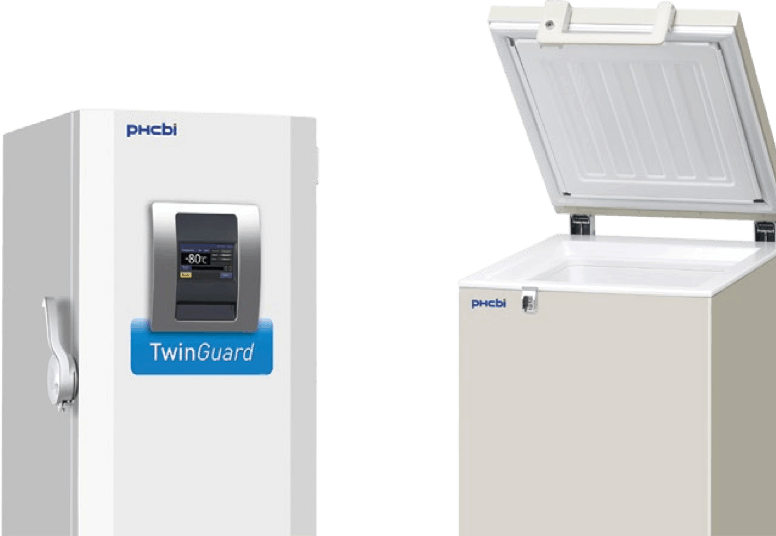
Glassware Washers
You should demand reliable and optimal cleaning performance from your glassware washer. Getinge Lancer provides this with a combination of their multi-level direct-injection washing method and a programmable microprocessor controller that commands a full range of prewash, wash, rinse and drying functions through simple touchscreen menus.
-
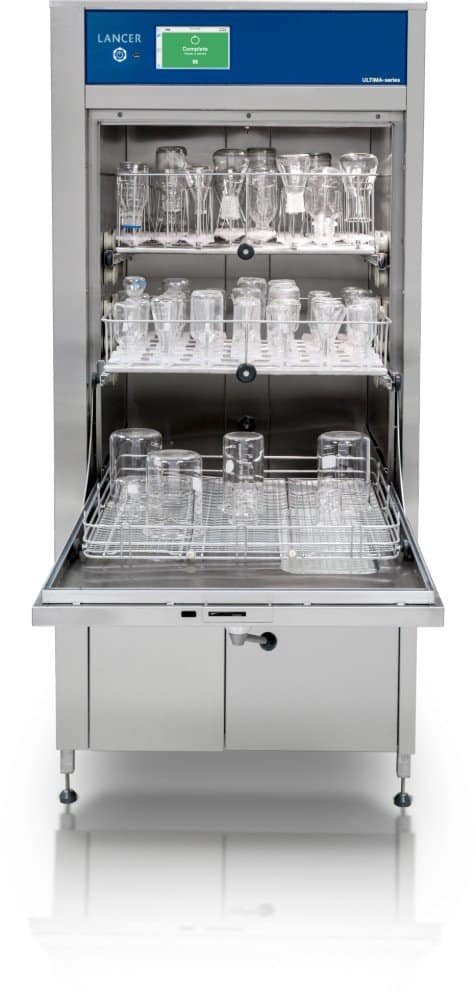 Lancer Freestanding Glassware WashersGetinge Lancer ULTIMA Series delivers high performance in a compact footprint. High-density loading demands fewer cycles …View Products
Lancer Freestanding Glassware WashersGetinge Lancer ULTIMA Series delivers high performance in a compact footprint. High-density loading demands fewer cycles …View Products -
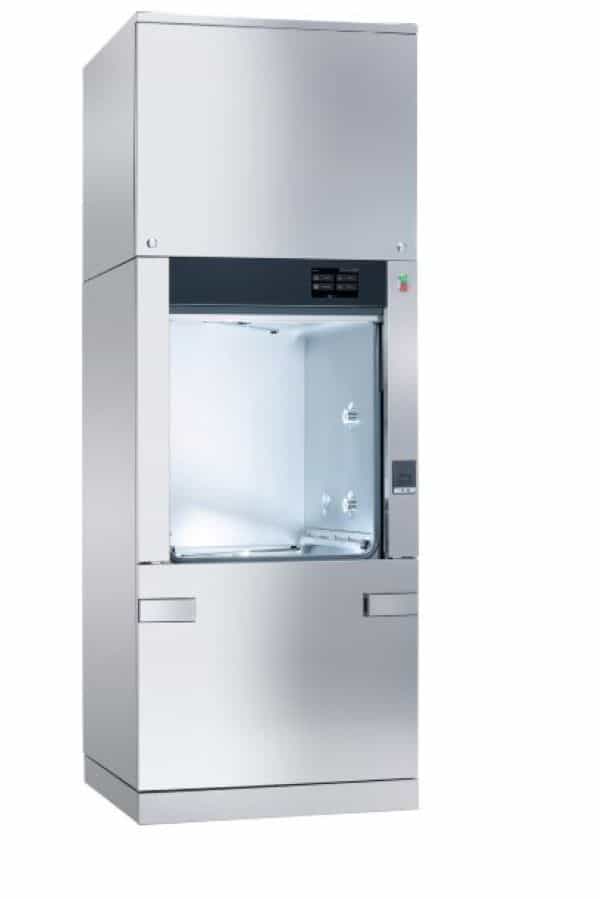 Miele Freestanding Glassware WashersFor more than 50 years Miele Professional has been developing high-quality systems for the cleaning and disinfection of …View Products
Miele Freestanding Glassware WashersFor more than 50 years Miele Professional has been developing high-quality systems for the cleaning and disinfection of …View Products -
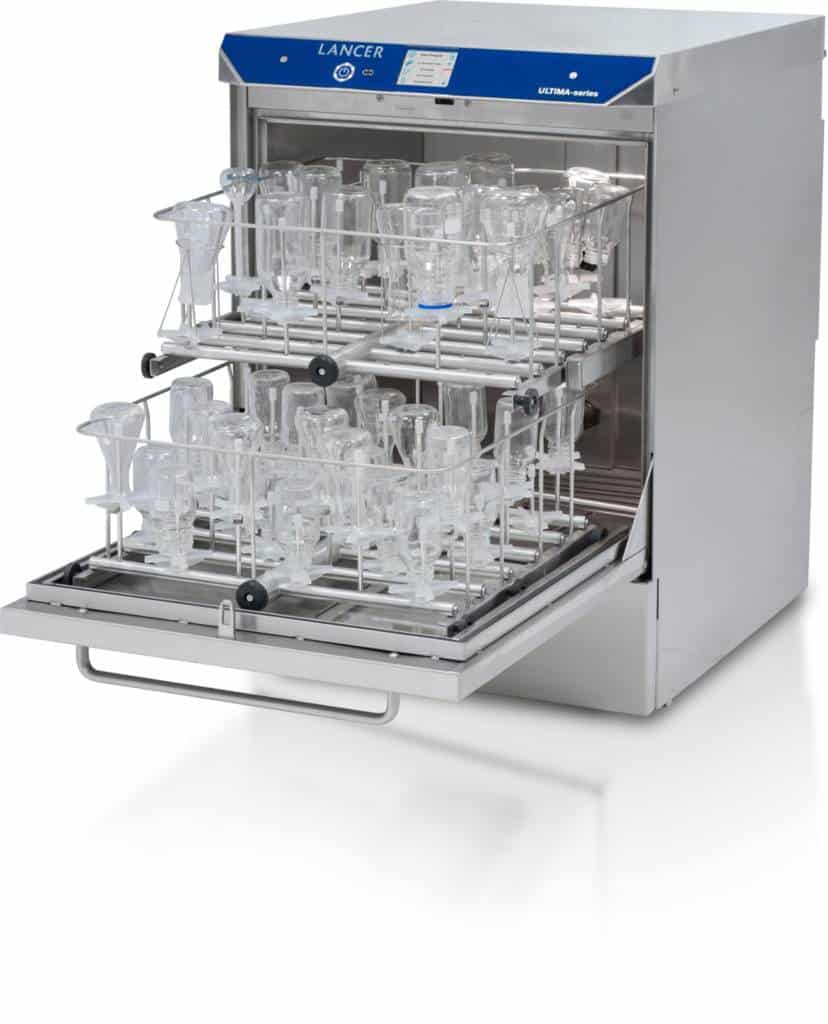 Lancer Undercounter Glassware WashersGetinge Lancer ULTIMA Series delivers high performance with a compact footprint. High-density loading demands fewer cycl …View Products
Lancer Undercounter Glassware WashersGetinge Lancer ULTIMA Series delivers high performance with a compact footprint. High-density loading demands fewer cycl …View Products -
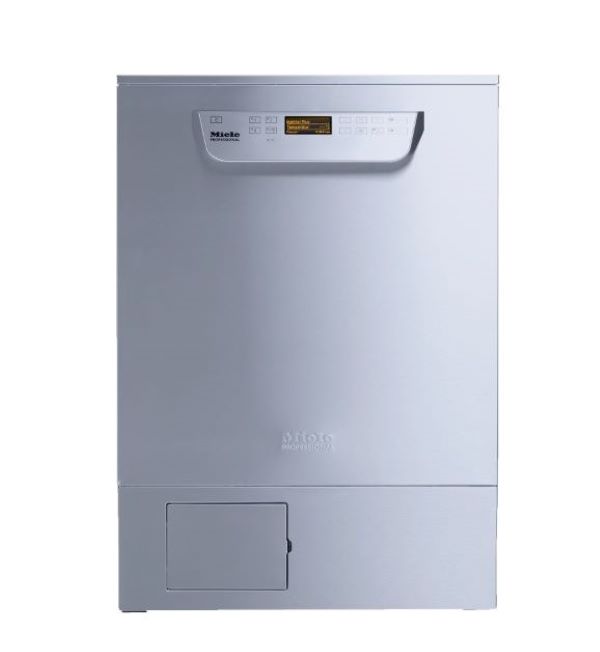 Miele Undercounter Glassware WashersFor more than 50 years Miele Professional has been developing high-quality systems for the cleaning and disinfection of …View Products
Miele Undercounter Glassware WashersFor more than 50 years Miele Professional has been developing high-quality systems for the cleaning and disinfection of …View Products
Can't find the product you're looking for? We'll help you figure it out.
Contact Us
